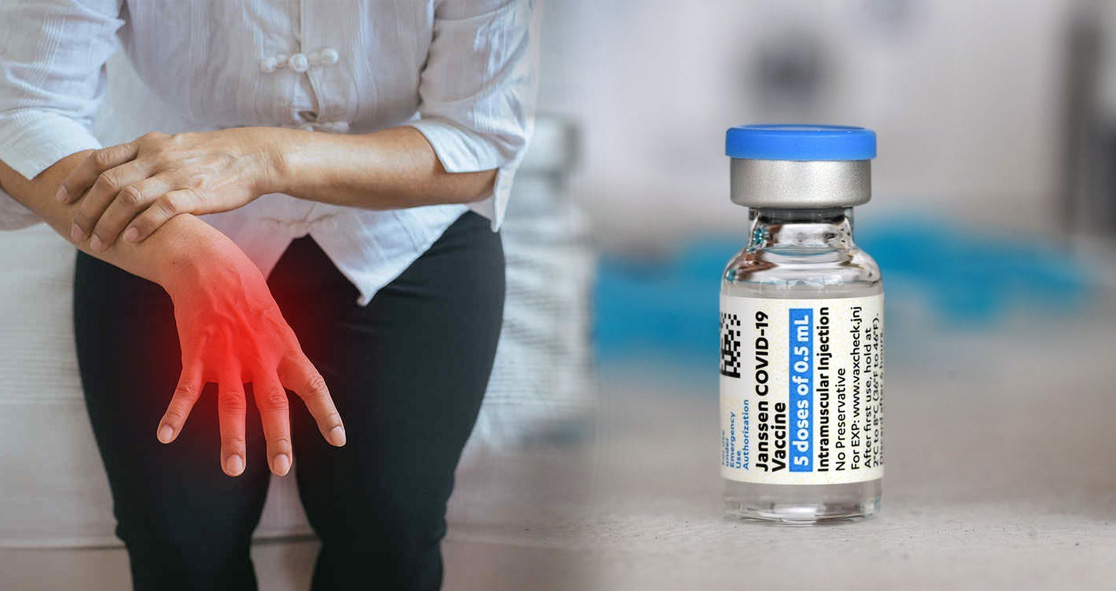On Monday, federal officials said that Johnson & Johnson’s COVID-19 vaccine may be associated with a small increased risk of Guillain–Barré Syndrome (GBS), according to The New York Times.
The Food and Drug Administration (FDA) has also warned about the potential side effect of the vaccine. However, the risk appears to be very small.
So far, the officials have reported 100 cases of GBS in people who received the J&J vaccine. In the United States, nearly 13 million doses of the vaccine have been administered so far.
GBS is one of the rare neurological conditions in which the body’s immune system attacks its own nerve cells, causing muscle weakness and paralysis.
The Centers for Disease Control and Prevention (CDC) says there are 3,000 to 6,000 cases of GBS per year, which is typically more common in adults aged 50 and above.
The exact cause of this neurological syndrome is unknown, but it usually follows another illness or infection, such as the flu. In fact, the condition has also been reported in people with COVID-19.
J&J’s vaccine has been linked to GBS, but the risk is very small. This is not the first time a vaccine has come under a scanner for increasing the risk of GBS. In 1976, a large swine flu vaccination campaign also led to a small uptick in the incidence of GBS.
The swine flu vaccine affected at least one in 100,000 people. Even the seasonal flu shot and shingles vaccine Shingrix have been associated with a small risk of GBS.
Prof. Daniel Salmon, Director, Institute for Vaccine Safety at Johns Hopkins University, said, “I think the data are pretty compelling that the flu vaccine causes Guillain-Barré syndrome, but it’s a very small risk.”
He said it is not clear why some vaccines have been associated with an increased risk of GBS, adding, “We don’t really understand the biological mechanism. It’s an incredible frustration.”
The federal officials received 100 reports of GBS after getting the J&J vaccine. The reports were submitted to the federal Vaccine Adverse Event Reporting System (VAERS). Of those, 95 cases resulted in hospitalization, and one was fatal, per the news outlet.
They said GBS was generally reported after two weeks of vaccination, primarily in men aged 50 or older. The FDA said this is not enough evidence to establish that the vaccine causes the syndrome, but the agency will continue to monitor the situation.
The association between the J&J vaccine and GBS is real, but it appears to be far outweighed by the risks of COVID, according to some experts.
The CDC says, “In the United States, almost all hospitalizations and deaths from Covid-19 are happening in those who are unvaccinated.” It recommends everyone who is 12 or older be vaccinated.
Dr. Salmon said, “Everything has risks. And the key to decision-making is to optimize the benefits and reduce the risks. COVID is a pretty nasty disease that’s killed 600,000 people.”























